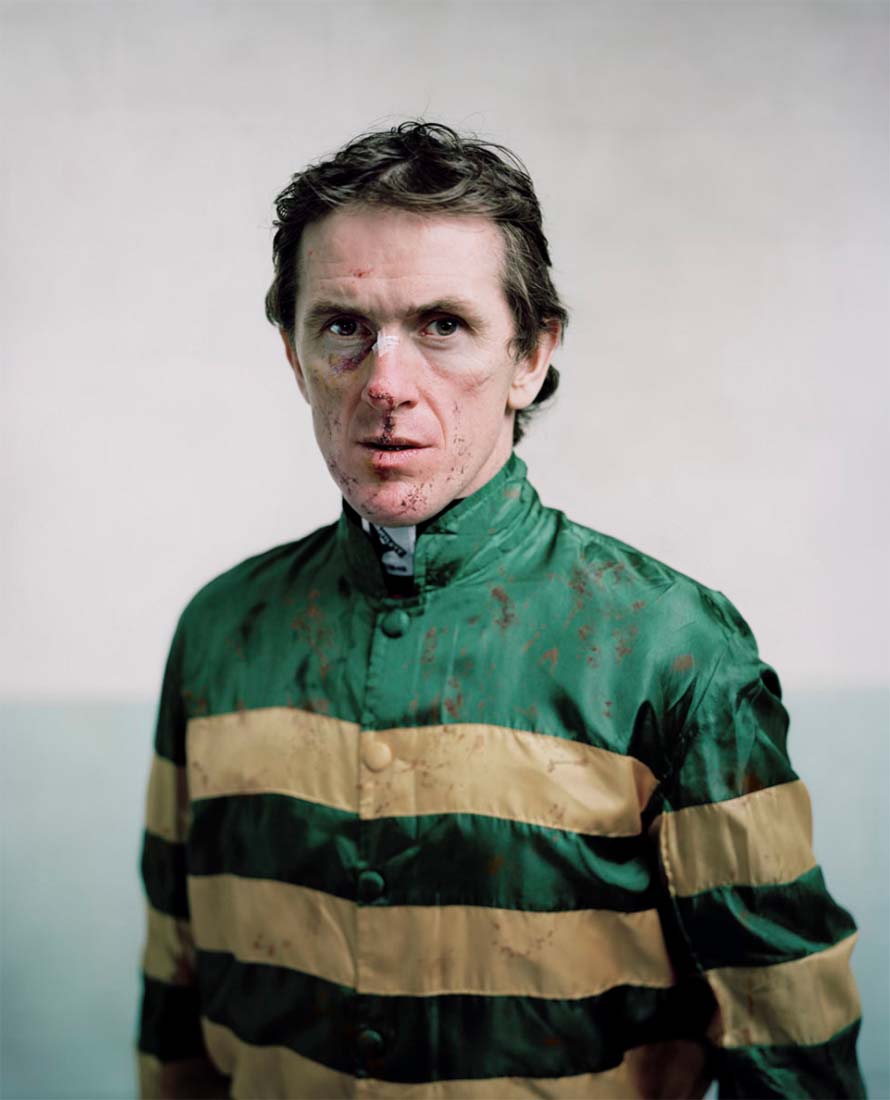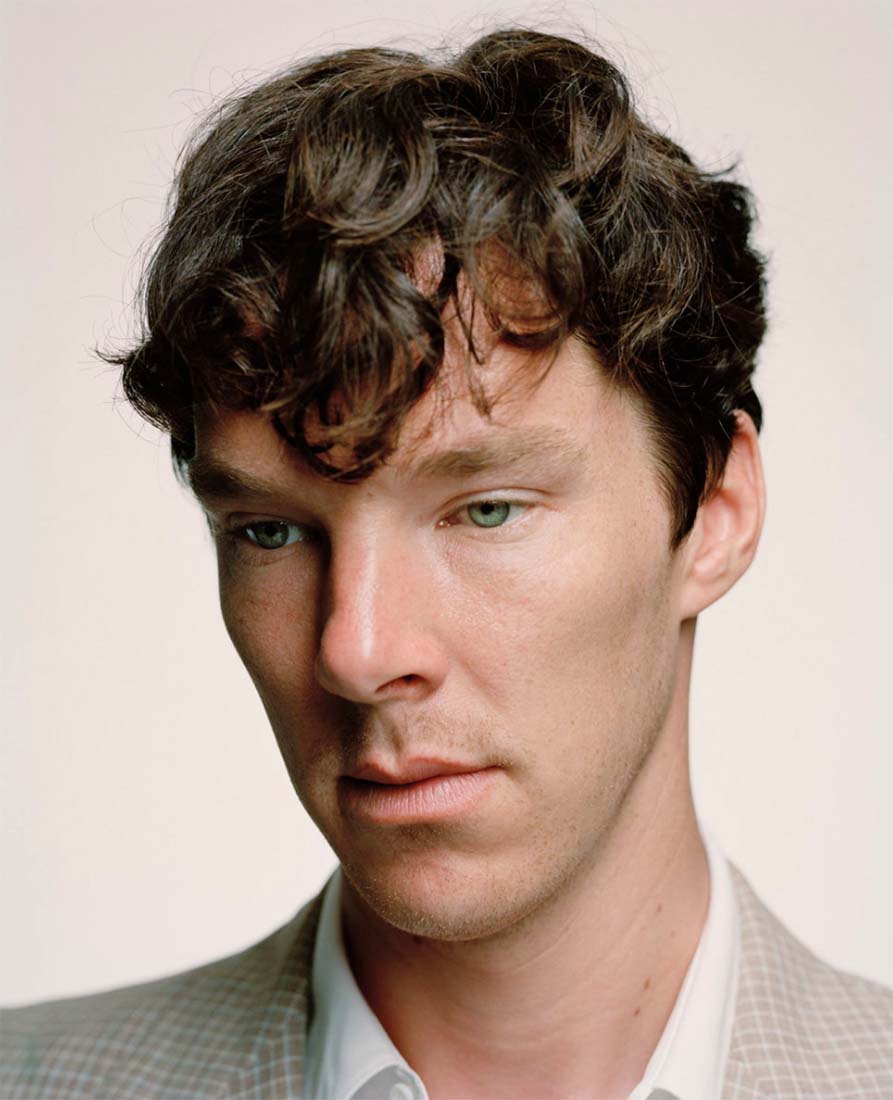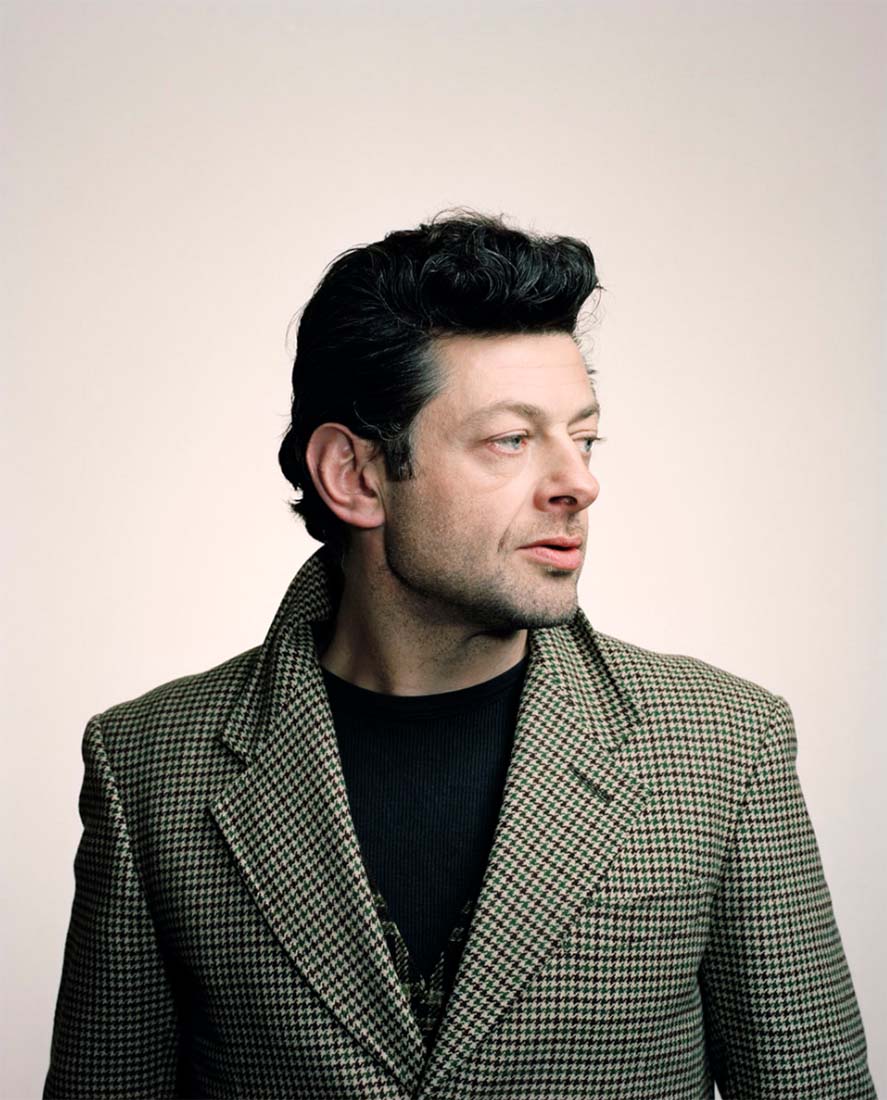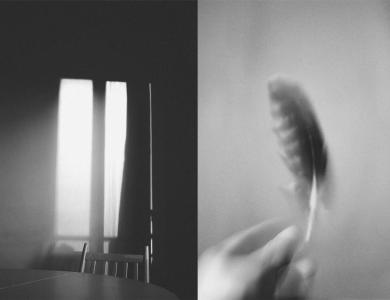
Spencer Murphy was born in 1978 and grew up in the Kentish countryside. Raised in relative isolation, miles from the nearest shop or school, he says he often found himself with only his imagination for company and the surrounding woodland as his playground. He is one of the most succesful photographers to date in the Sony World Photography Awards, with 3 shortlisting (2010, 2011, 2013), a third place (Campaign, 2013) and a first place (Campaign, 2014).
Spencer now lives and works in London, dividing his time between creating his own artwork and taking on photographic commissions. He has contributed to many magazines, including The Guardian Weekend, The Telegraph Magazine, Time, Monocle and Wallpaper, and his portraits have appeared in such publications as Rolling Stone Magazine, GQ and Dazed and Confused.
Hi Spencer - You have been one of the most successful photographers to date in the Sony World Photography Awards, with multiple shortlistings and top three finishes. What keeps you coming back?
It’s a global competition with lots of different categories and an open theme, entry is easy and there are no costs involved. It’s also great exposure and has some really good prizes.
How has your photography evolved since you were first shortlisted for #SWPA back in 2010?
The way I approach my photography has been relatively unchanged for the past decade, I hope the execution has become more refined but the way I look at the world and react to it is much as it was then.
Photography competitions have formed an important part of your career. Talk us through your application process for each new competition
Competitions have been a good vehicle for showcasing my work yes, but I don’t believe I enter any more than most photographers, in fact there have only been a select few I’ve entered in recent years. I’ve been lucky in those I have entered, so perhaps from the outside it looks like competition is a driving force, though it really isn’t as calculated as perhaps it appears. My application process is very simple; what work have I made in the last year that I’m proud of? Is it right for this competition? How much of it can I afford/am I allowed to enter?

As a Falmouth University graduate, you have quickly set yourself apart as one of the leading photographers of your generation. Did you see yourself in this position as you were preparing to finish your studies?
I don’t think so. When I finished my studies I was on a high but I think a lot of that was being a big fish in a small pond, the real world is very humbling like that. I was probably more confident in myself and where I was heading back then than I am now. However I don’t think I’ve ever known, I just took a good run at it. All I knew is that I wanted to take photographs and make art as often and for as long as I could. That’s harder than it sounds and I sacrificed a lot along the way to make that happen. As I often say to students and aspiring young photographers, it still doesn’t feel like I’ve made it, I’m still trying… I don’t know if that feeling ever goes away. I certainly don’t see myself as one of the leading photographers of my generation, I see myself as having a lot of work to do before I fulfil that accolade.
What does the photographic portrait mean to you?
It’s an opportunity to freeze a person in time. A memorial.
Talk us through the physical and mental preparations for a typical portrait shoot
I put on some classic 80’s ballads and shadow box for an hour. Then I meditate and drink green tea until my assistant comes to tell me we’re ready to go.

Do you find your commercial work complements your personal projects? How do you combine the two in harmony?
I try to respond to commercial projects as I would personal ones and the ones where that generally shows is when I am given a loose brief with more creative freedom. Personal work can be more loose and responsive to a situation. Commercial work is often more about influencing circumstances to create a specific image, as opposed to reacting to them. Aesthetically, I try to create an image I'd be proud of, whilst still fulfilling the brief. If they were to be placed alongside one another, I'd want all my images to sit seamlessly, whether that be editorial, advertising or my personal projects.
Do you have a photographic philosophy or a mindset that drives your work?
No not really, I do what feels right. I like what I like, for whatever reason that may be, and that’s the work I try and make. If I don’t feel inspired by something I can’t make the work. So I suppose the only thing driving my work is a passion to make it (if that counts as a philosophy, if not insert Bruce Lee quote here).
What’s next?
Who knows? Survive and make art, I hope.


